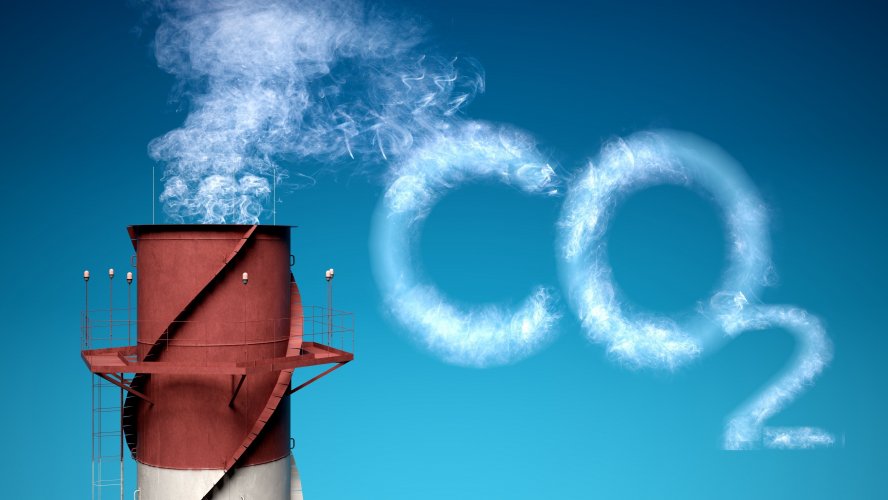The UK government has announced that starting in 2027, the country will introduce its own analog of the European Carbon Based Import Adjustment Mechanism (CBAM).
Such a duty will be applied to carbon-intensive goods, including iron, steel, aluminum, fertilizers, hydrogen, ceramics, glass, and cement, Reuters reports.
It is noted that the CBAM analog is intended to protect local businesses from competition with cheap imported goods from countries with less stringent climate policies. It will also help to counteract the so-called carbon leakage, that is, the transfer of production to countries with less ambitious environmental standards.
The article explains that the amount of the fee will depend on the amount of carbon emitted during the production of the imported goods. It will take into account the difference between the price of CO2 emissions in the country of origin and in the UK.
It said the UK would launch an emissions trading system (ETS) in 2021 to charge power stations, factories and airlines for every tonne of carbon dioxide they emit. Similar systems operate in many other regions, in particular in the European Union and China. However, carbon prices vary between schemes, and many regions do not set carbon quotas at all. For example, the cost of a metric ton of CO2 emissions in Great Britain is 36.60 pounds ($46.34), and in China it is 71.60 yuan ($10.04).
The article emphasized that in October 2023, the first stage of CBAM was launched in the EU, within the framework of which importers will only report on emissions. Payment of the carbon tax will begin in 2026.
According to representatives of the British steel industry, domestic measures are needed to prevent the flow of high-emissions products coming to the UK after the EU's carbon measures take effect.
"With more than 90% of the world's steel production having no carbon costs, it is only right to introduce a new carbon border policy," said Gareth Stace, CEO of industry group UK Steel. ".
Earlier, EcoPolitic wrote, that in the EU, the transitional period of application of CBAM began on October 1.
As EcoPolitic previously reported, the Minister of Energy and Natural Resources of Turkey, Alparslan Bayraktar, said that the country plans to introduce a national emissions trading system (ETS) in 2024.





